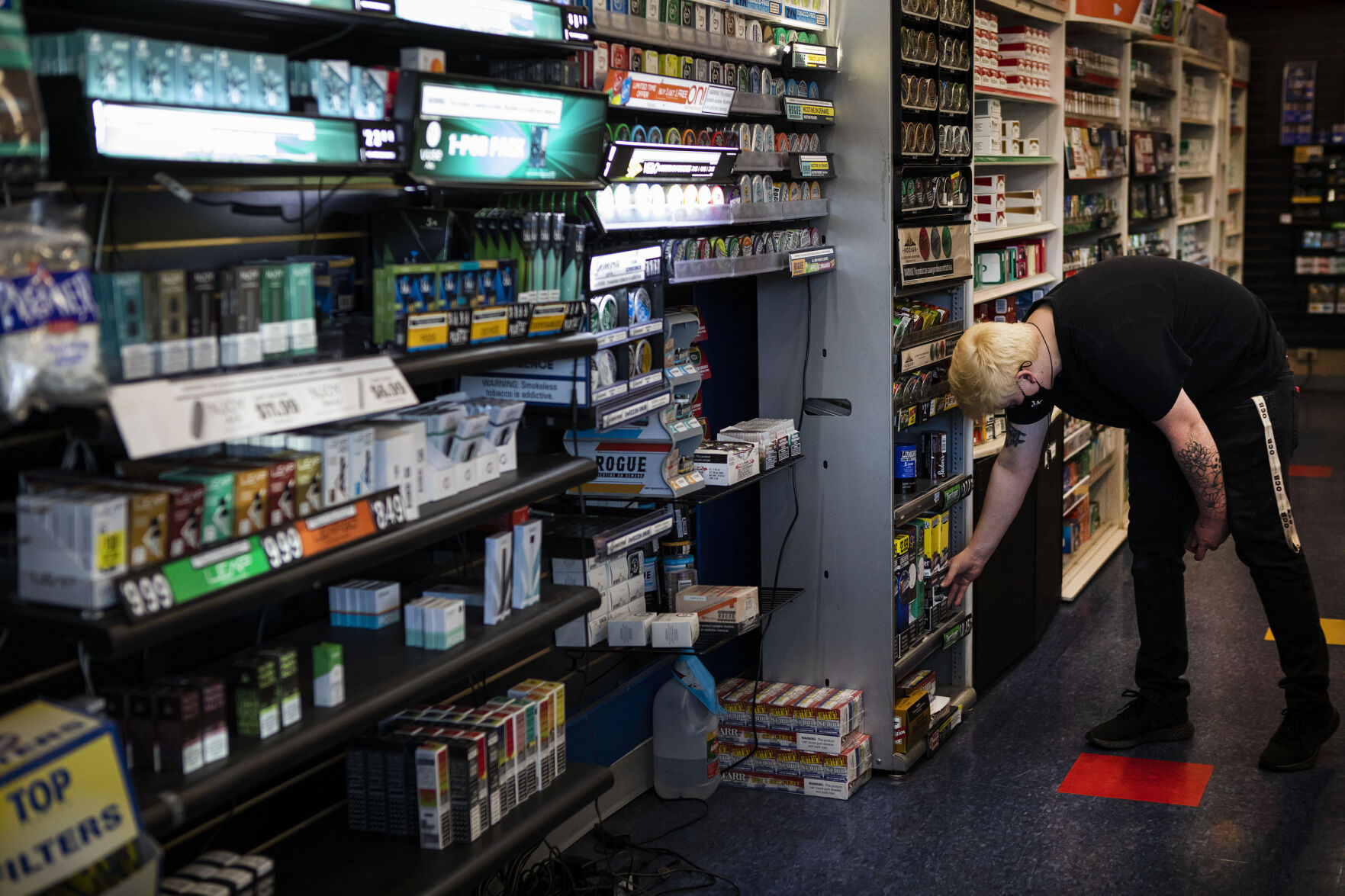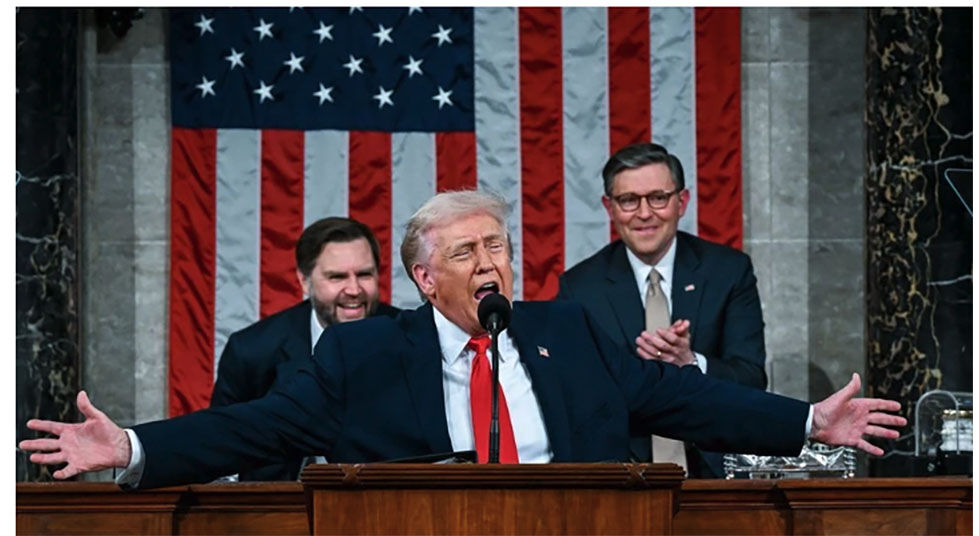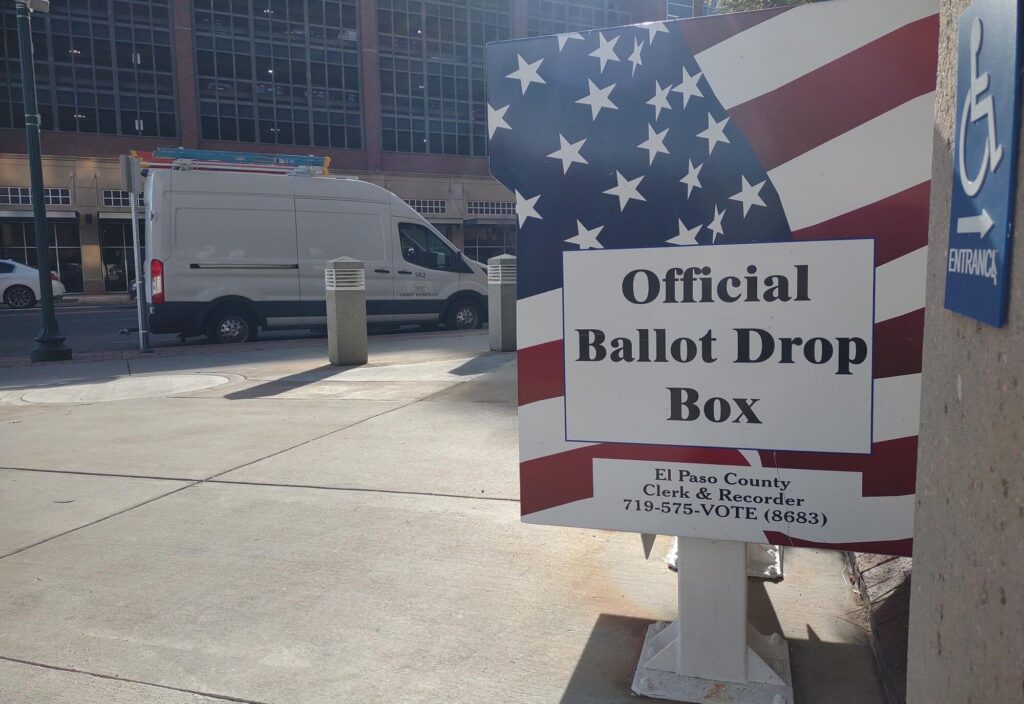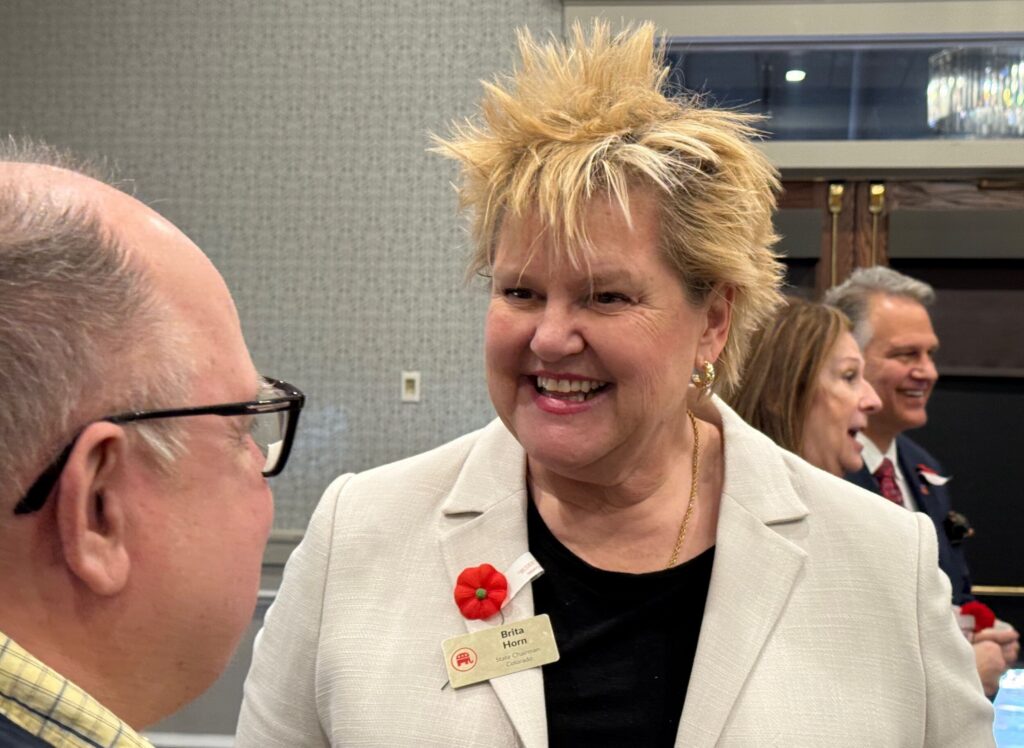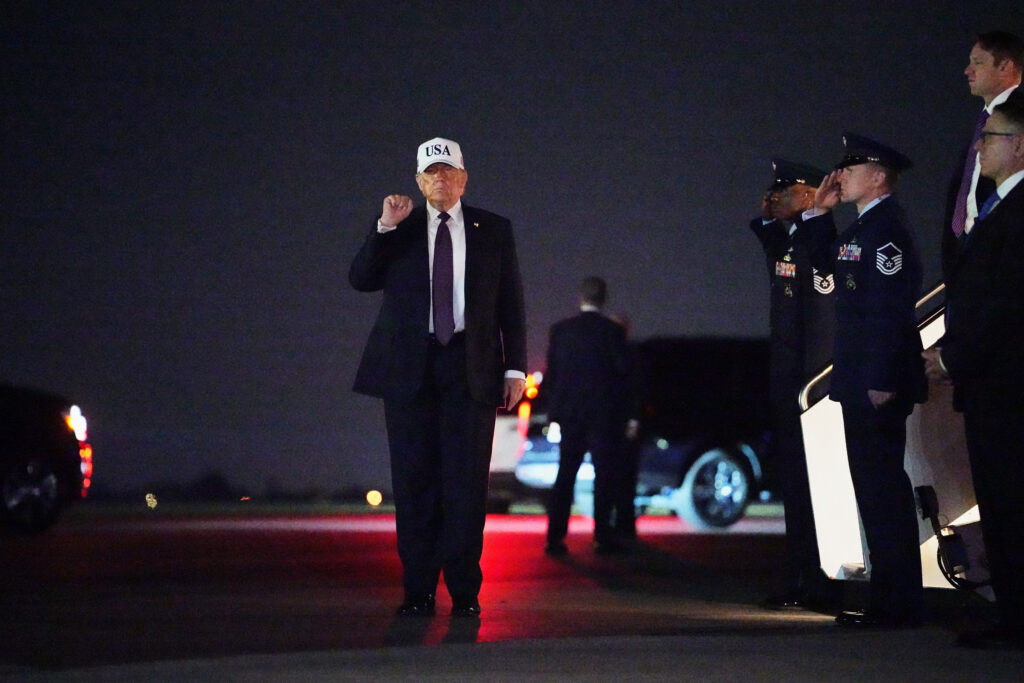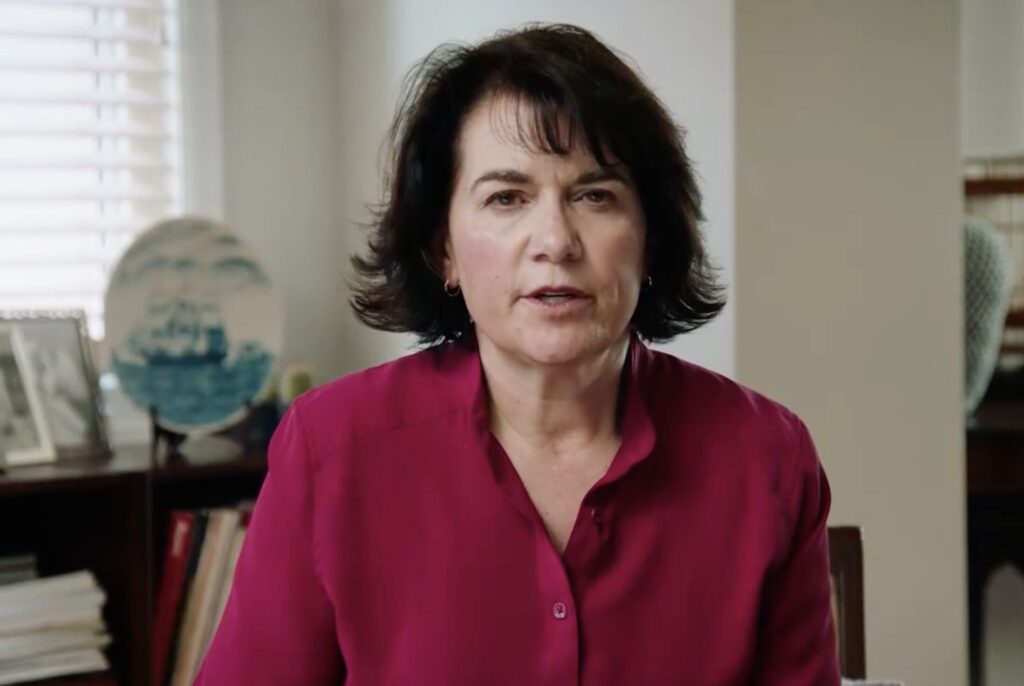Sponsors of bill banning flavored tobacco, nicotine products statewide are confident of passage

Selling flavored tobacco and nicotine products could soon be illegal in Colorado if lawmakers approve – and the governor signs – a bill prohibiting their sale.
House Bill 22-1064 would ban, starting July 1, the sale of all flavored tobacco and nicotine products, including vapes, e-cigarettes, menthol cigarettes, Hookah, chewing tobacco and cigars, in Colorado.
Under the proposal, any retailer caught selling flavored tobacco or nicotine products would be subject to the same penalties as a retailer caught selling to minors.
The measure’s sponsors are confident it would reach the finish line.
State Sen. Kevin Priola, one of the sponsors, said he was inspired to take action after his son started vaping around the age of 14. Priola said he would constantly search his son’s room for vapes and would have to drive to far-away dumpsters to throw them away to prevent him from digging the vapes out of the trash.
“It’s everywhere. Our experience isn’t unique,” Priola said. “You look at the data and realize a lot of these manufacturers – they use the flavors to get young kids hooked on it.”
Of tobacco users between 12 and 17 years old, 81% said they started by using flavored products and 79% said they use a product because it comes in flavors they like, according to a study by the Food and Drug Administration and National Institutes of Health.
Another sponsor, Rep. Jennifer Bacon, who recently served on the Denver school board for four years, said the presence of flavored tobacco and nicotine products is “overwhelming” in Denver schools.
“We’re really concerned about the number of kids getting hooked on nicotine through these flavors. I’ve seen firsthand the impact,” Bacon said. “We’re really hoping to stave off an imminent public health crisis.”
Colorado businesses worry about looming unemployment insurance hike
Brian Fojtik, a Denver resident and representative of the National Association of Tobacco Outlets, said the ban is unnecessary because youth tobacco use has been decreasing for years.
In 2020, roughly 1 in 5 high school students and 1 in 20 middle school students used e-cigarettes, according to the Centers for Disease Control and Prevention. In 2021, use decreased to roughly 1 in 9 high school students and 1 in 35 middle school students.
“It’s shortsighted approach,” Fojtik said. “Prohibition proponents aren’t protecting kids. They’re shamefully using kids as political props, attempting to use legitimate concern about youth vaping to ban hundreds of products to adults that youth are not using that have nothing to do with vaping.”
Fojtik argued that the ban would lead to tobacco and nicotine users buying flavored products online or out of state, taking away the tax revenue from Colorado, which helps pay for programs, including early childhood education and public health initiatives.
If passed, the ban could also shut down hundreds of independent vape and tobacco stores throughout the state, the bill’s critics said.
Phil Guerin, owner of Myxed Up Creations in Denver, said he would lose at least 30% of his store’s business under such a ban.
“There is an obvious disconnection between the representatives and their constituents, the small businesses that the representatives pledge to support,” Guerin said. “Let’s focus on COVID and getting all our kids and teachers back to full strength. Then we can have a conversation, based on science and factual data, on how we can permanently address the prevention of youth vaping.”
State Rep. Kyle Mullica, another sponsor of the bill, said he is committed to working with business owners to help mitigate the effects of the ban, but he added he must prioritize what’s best for the youth.
THIS WEEK AT THE COLORADO CAPITOL | Week of January 17, 2022
“What has to come first is the health of our children,” Mullica said. “This is a line, as sponsors and lawmakers, that we have to walk. The facts are the facts, and that is that our youth are becoming addicted to these products.”
Last month, the Denver City Council passed a similar ban prohibiting the sale of flavored tobacco products with exemptions for Hookah, natural cigars, pipe tobacco and harm-reduction tools. Mayor Michael Hancock then vetoed it, marking only the second time Hancock has used his veto authority against the council in his 10 years as mayor.
The bill sponsors said they are confident the bill would make it through the legislature, attributing Hancock’s veto to the belief that flavor bans are a state issue. They said they also expect Gov. Jared Polis’ support since it would lower health care costs.
The bill would appropriate $10 million to the Department of Public Health and Environment’s Prevention Services Division, which would award two-year grants to organizations providing wraparound services in communities disproportionately affected by targeted tobacco and nicotine marketing.
Bacon and Mullica said the bill isn’t just about banning the products, but about protecting communities that have been intentionally targeted by the tobacco and nicotine industry, including youth and communities of color.
“There’s real dollars and real resources going to these communities who have historically been targeted,” Mullica said. “We are working on programs to try to make sure that we’re helping people break this addiction.”
Bill aims to curb catalytic converter theft in Colorado
